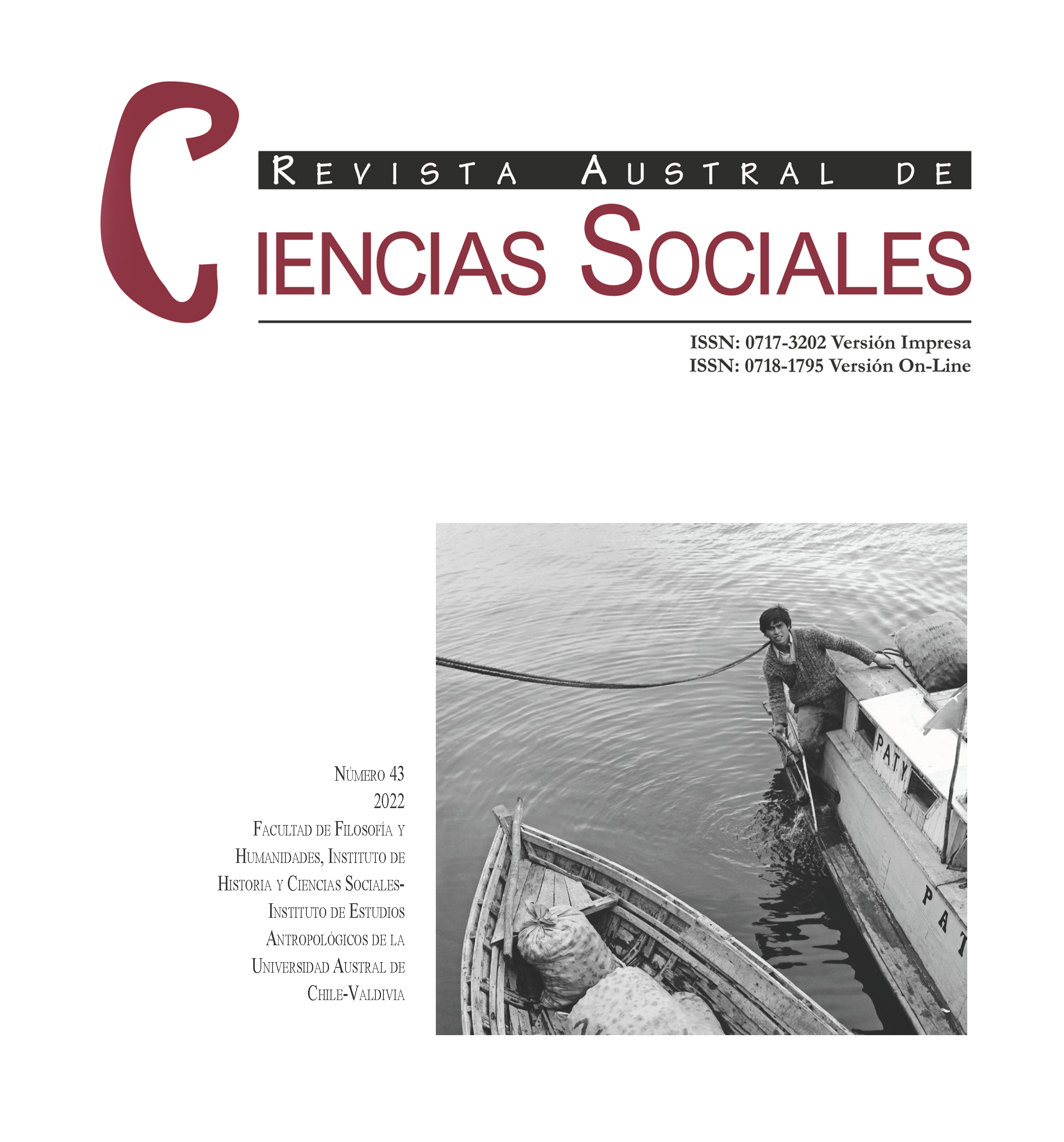Benjamín Vicuña Mackenna’s Thought and Intellectual Role Regarding Foreign Immigration and its Effect in Chilean Agriculture (1852-1872)
Main Article Content
Abstract
The history of migrations in Chile in the 19th century was marked by the cultural, intellectual, and political actions of intellectual figures that resonate until today. A fundamental case in the mid-nineteenth century was the intellectual gaze of Benjamín Vicuña Mackenna, who formed and promoted an agrarian-industrial migratory model based on topical categories that would form a doxa between the idea of barbarism and civilization. This article is divided into two parts: the first part examines the intellectual and historical-contextual path that Vicuña Mackenna lived before his main work on the subject, specifically the “Bases for migration in Chile” report of 1865. The second part is a historical discussion of his thought, influences, and intellectual-networks based on the analysis of the mentioned report.


 https://orcid.org/0000-0002-2964-3304
https://orcid.org/0000-0002-2964-3304